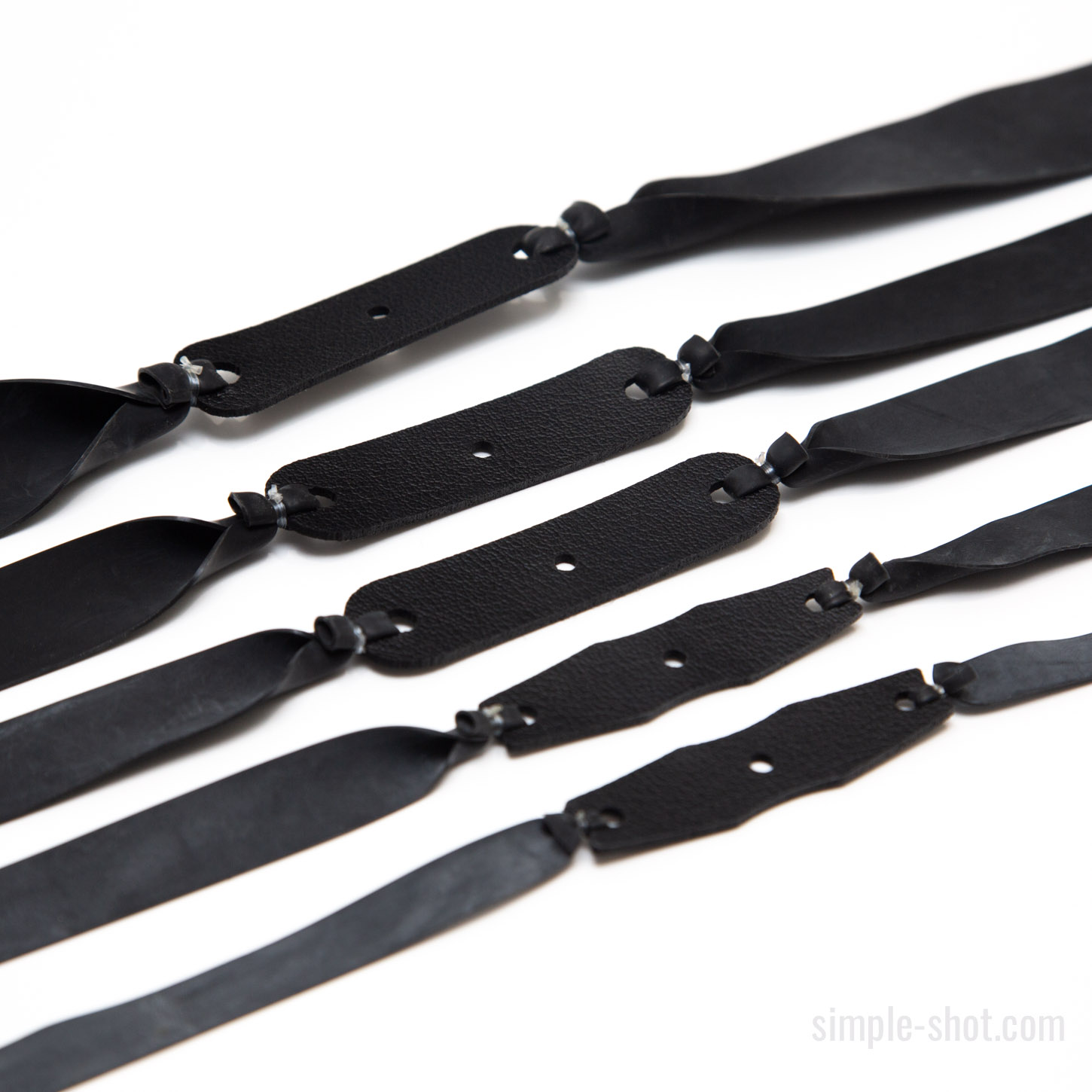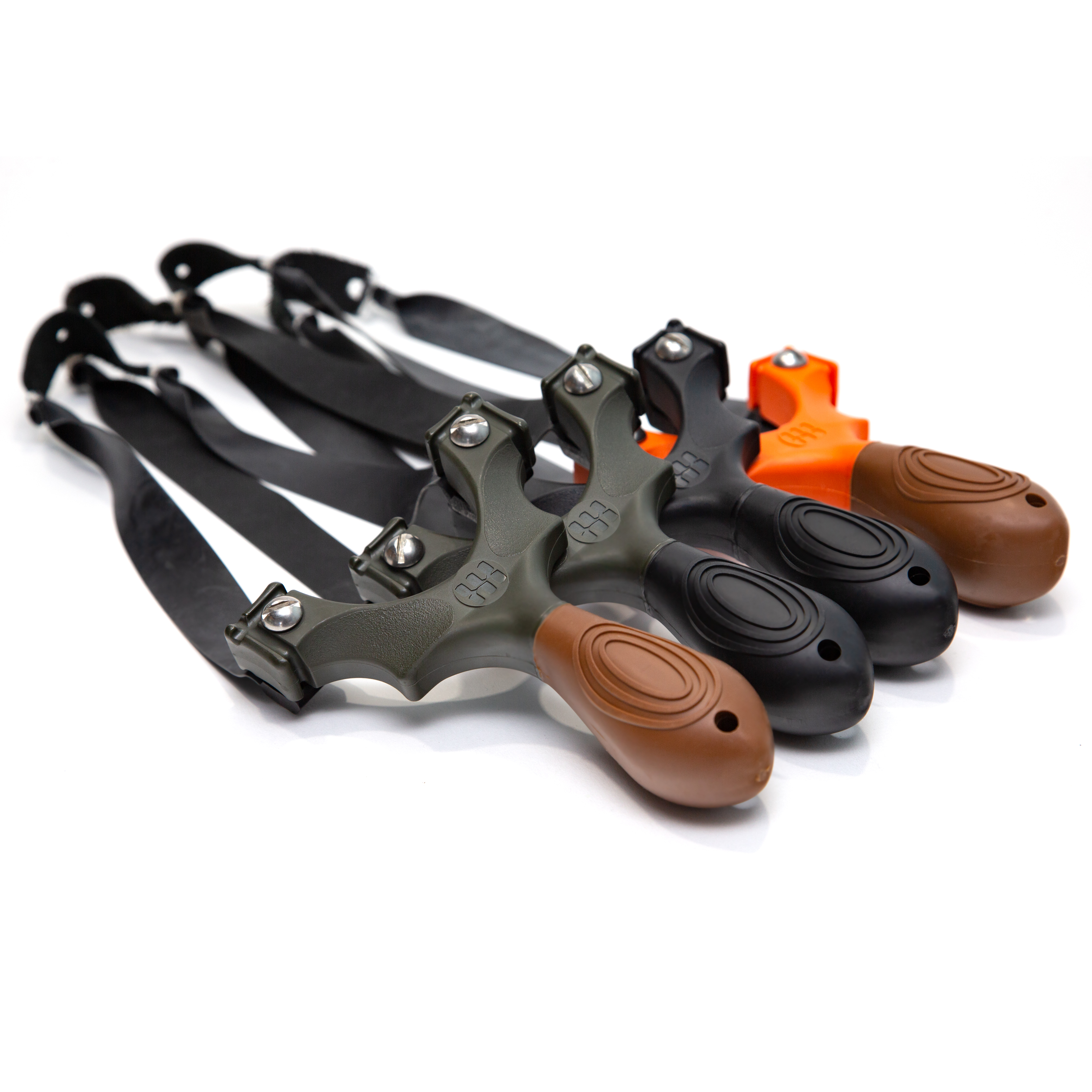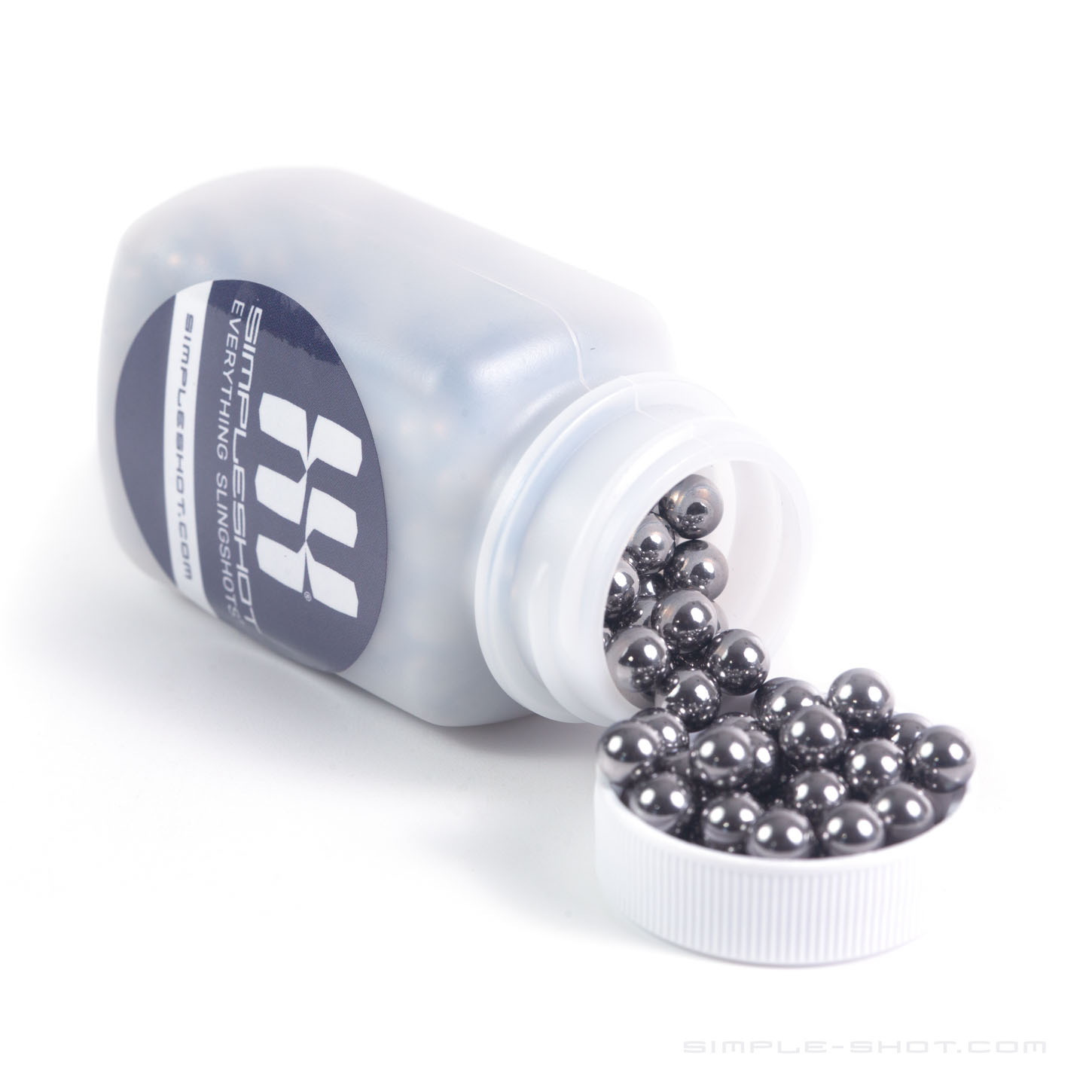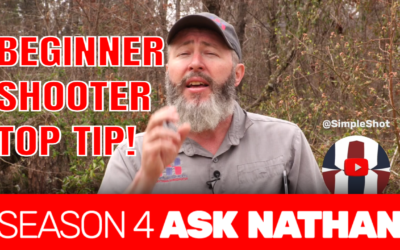Discover the intricacies of slingshot ammo in our latest Ask SimpleShot episode!
Understanding Magnetic Clay Ammo and Choosing the Right Slingshot
In the realm of slingshots, there’s always a lot to learn, and many enthusiasts frequently have questions. One such question was recently posed by Ralph, who inquired about the merits of magnetic clay ammunition and how a beginner might best select a slingshot.
Why Magnetic Clay Ammo?
Many of us are familiar with traditional ammo types like disposable clay or denser iron, but what about magnetic ammo? Well, the main advantage is practicality rather than performance. The magnetic feature allows shooters to easily retrieve their shots from a catch box using a magnet. Moreover, for those who fancy the idea, you can conveniently attach a few ammo pieces to a magnet on your belt. However, while it might sound high-tech, there’s no intrinsic value to using magnetic ammunition in terms of shooting performance. It’s simply a cool feature. At Simple Shot, our ammo is magnetic because, well, we think it’s a neat addition.
Starting with Slingshots: Quality vs. Cost
When venturing into the world of slingshots, it’s easy to be overwhelmed by the range of choices. Should you opt for the cheapest, or is it better to start with a more advanced model?
Let’s put this into perspective with an example: Should a novice shooter purchase the premium Scout X Pro made of aluminum, or would the plastic variant suffice? The answer largely depends on individual preference. The aluminum Scout X Pro is a product of luxury, meant for those who revel in the pride of ownership. On the other hand, the plastic version is every bit as functional. It is capable of supporting various band types and can serve any shooter throughout their journey in the sport.
For newcomers, we generally recommend starting with the plastic version. Not only is it more budget-friendly, but it’s also designed to handle inevitable mishaps better, such as “fork hits”. These accidental strikes can mar the surface of a pricier metal slingshot, which can be quite disheartening. With the plastic version, such mishaps are less of a concern, allowing you to focus more on honing your skills.
When comparing slingshots, the primary decision isn’t about price or material but what brings you joy. What’s essential is recognizing what you’re comfortable spending and understanding that functionality doesn’t always come at a higher price. Both metal and plastic slingshots serve their purpose; it’s about personal preference and how much you’re willing to invest initially. Regardless of your choice, the journey into slingshot shooting promises to be an exciting one.
Thanks, Ralph, for prompting this insightful discussion!
Slingshot Bands

Slingshot Frames

Slingshot Ammo

Wrap & Tuck vs. Clip-type slingshot band attachments. Which is better?
Should I use wrap and tuck or a clip system for banding my slingshots? You may get a little tired...
What is the most difficult part of slingshot shooting and how do you deal with it?
What's the top thing I need to look out for and how to I fix it? Great question. We'd have to say...
How can a beginner slingshot shooter improve accuracy?
What can a shooter do to improve accuracy? Especially a beginner shooter? What can a shooter do to...



